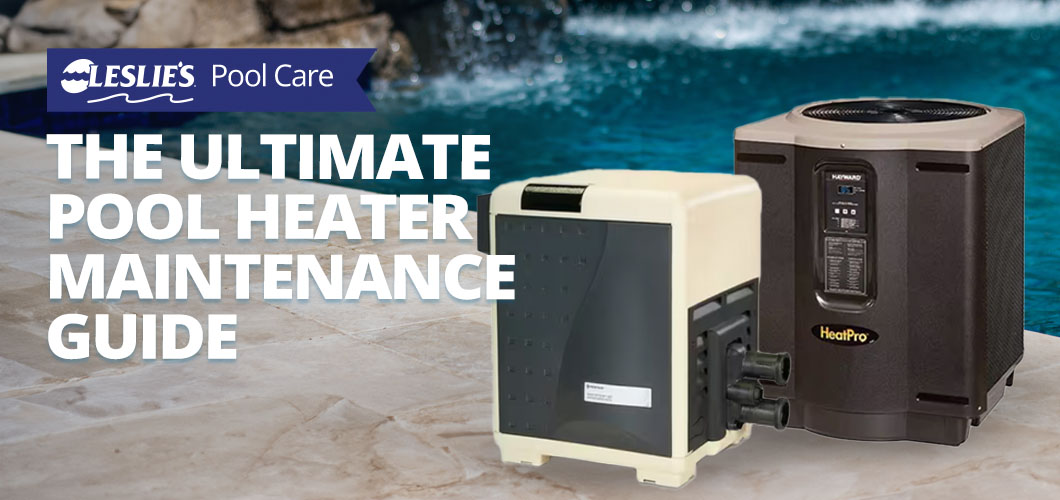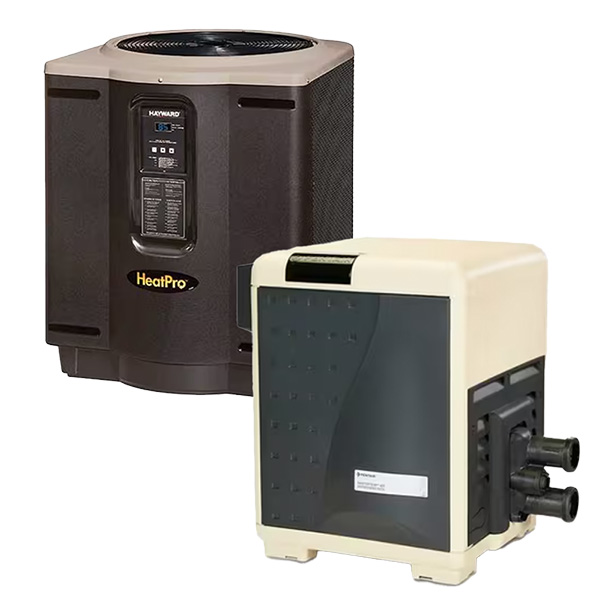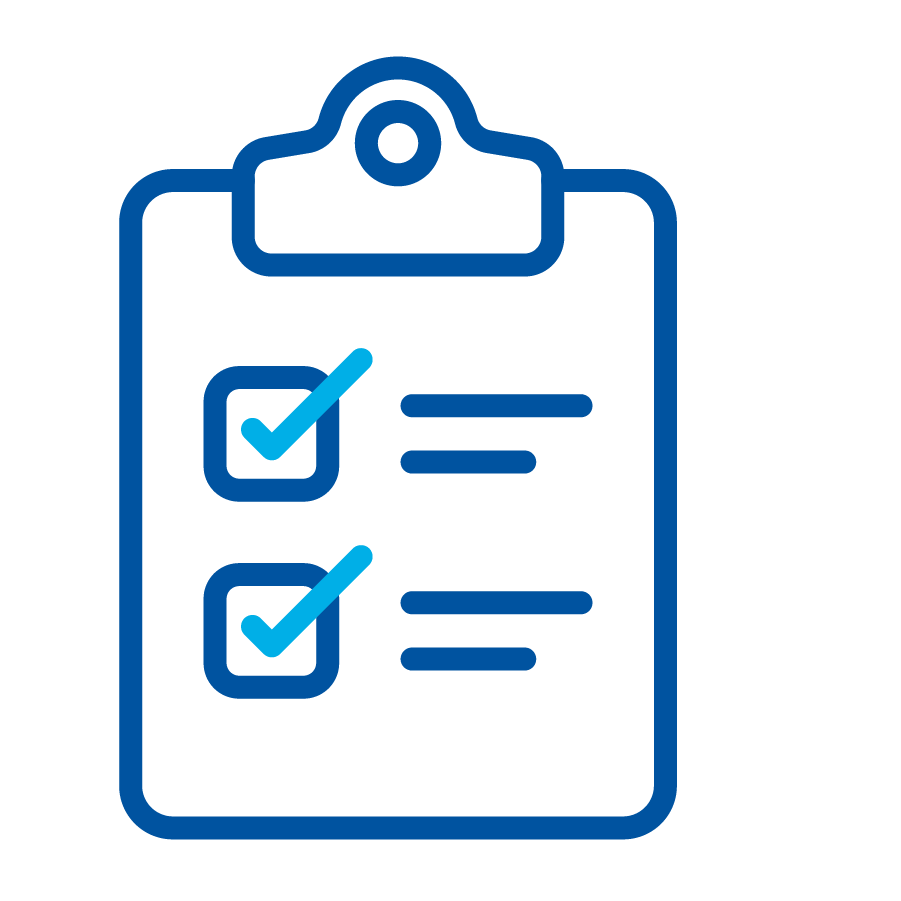
The Ultimate Pool Heater Maintenance Guide
As the warm weather approaches, the excitement of pool season begins to bubble up! But before you dive into the refreshing waters, it’s essential to ensure that your pool heater is in tip-top shape. Whether you're a seasoned pool owner or just starting your journey, maintaining your pool heater is crucial for enjoying a comfortable swim all summer long. This guide will walk you through everything you need to know about pool heater maintenance, troubleshooting, and seasonal care. So, grab your tools, and let’s get started!
Understanding Pool Heaters: Types and Functions

Before we delve into pool heater maintenance, it's important to understand the types of pool heaters available and how they function. This knowledge will help you make informed decisions about care and repairs.
Gas Pool Heaters
Gas pool heaters are popular for their rapid heating capabilities. They operate on either natural gas or propane, making them versatile for various settings.
- Pros:
- Quick heating: Ideal for occasional use.
- Works well in any climate.
- Cons:
- Higher operational costs due to fuel consumption.
- Requires a consistent supply of gas.
Electric Heat Pumps
Electric heat pumps are energy-efficient options that extract heat from the air and transfer it to the pool water. They are particularly effective in warmer climates.
- Pros:
- Lower operational costs compared to gas heaters.
- Eco-friendly and energy-efficient.
- Cons:
- Less effective in cooler temperatures.
- Higher upfront costs.
Heat Exchangers
Heat exchangers are crucial components in both gas heaters and heat pumps, facilitating the transfer of heat. Regular maintenance of these units is essential to prevent overheating and ensure efficient operation.
Routine Maintenance: The Key to Longevity

Regular maintenance is the cornerstone of keeping your pool heater running smoothly. Here’s a detailed checklist to help you stay on top of your maintenance tasks.
Monthly Inspections
- Check for Leaks: Inspect all connections and hoses for any signs of water or gas leaks. Early detection can save you from costly repairs.
- Clean the Filter: A dirty filter can restrict water flow, reducing heating efficiency. Clean or replace it as needed.
Spring Preparation
- Inspect for Damage: Look for rust, cracks, or wear on the heater’s exterior and components.
- Test Gas Lines: For gas heaters, perform a soapy water test on gas lines to check for leaks. If bubbles form, consult a professional.
- Clean the Heat Exchanger: Remove any debris or buildup from the heat exchanger to ensure optimal heat transfer.
Fall Shutdown
- Drain the Heater: To prevent freeze damage during winter, drain all water from the heater.
- Store Properly: If your heater is portable, store it in a dry place to avoid exposure to harsh winter conditions.
Cleaning Tips
- Use a Soft Brush: Regularly clean the exterior and interior components with a soft brush to prevent dirt buildup.
- Vacuum the Area: Keep the space around your heater clear of leaves and debris to promote good airflow and prevent overheating.
Troubleshooting Common Issues

Even with regular maintenance, problems can arise. Here are some common issues and their solutions.
Heater Won’t Start
Possible Causes:
- Ignition system failure.
- Gas supply issues.
Solution: Check the gas supply and ignition system. If these are functioning correctly, it may be time to call a professional.
Inconsistent Heating
Possible Causes:
- Clogged filters or heat exchangers.
- Incorrect thermostat settings.
Solution: Clean filters and check the thermostat settings to ensure they are accurate.
High Energy Bills
Possible Causes:
- Inefficient heating due to lack of maintenance.
- Gas leaks.
Solution: Regular maintenance can help identify leaks and inefficiencies. If issues persist, consult a technician.
When to Seek Professional Help
While many maintenance tasks are DIY-friendly, some situations require professional expertise. Here are a few scenarios:
- Complex Repairs: If you encounter issues with the ignition system or gas lines, it's best to consult a licensed technician.
- Annual Inspections: Schedule a professional inspection at least once a year to catch any potential problems early.
Maintaining your pool heater is essential for ensuring efficient operation, reducing energy costs, and prolonging its lifespan. By following the outlined maintenance tips and addressing issues promptly, you can enjoy a perfect swimming experience all year long. If your cooling or heating system needs professional care, don’t hesitate to stop by your local Leslie's to take advantage of our free services, including free in-store labor on repairs. Or, if you need to schedule a visit from one of our pool pros, visit the Leslie's service page to schedule a Leslie's professional for your pool or spa.